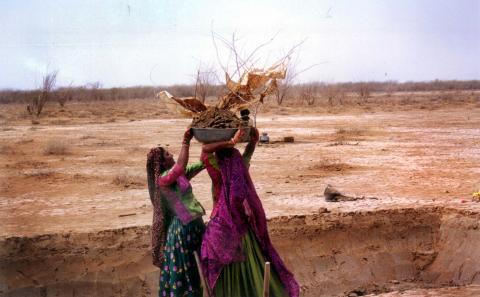Guidance material
Heatwave Guide for Cities

The Heatwave Guide for Cities from the International Red Cross Red Crescent Movement offers urban planners and city authorities an authoritative summary of the actions they can take to reduce the danger of heatwaves, which are defined as a period of time when temperatures, or temperature in combination with other factors, are unusually high and hazardous to human health and well-being.
Also, this practical guide provides information and recommendations for technical staff within city government, including on working with partners to understand city-specific heatwave risks; operational approaches to prepare for an imminent heatwave; response strategies to reduce human harm during a heatwave; and ways to learn from a heatwave that has just ended. Case studies from cities around the world are included in this guide to highlight effective urban heat adaptation strategies, including early warning systems, climate-sensitive designs, and public information campaigns.

This guidance material has been produced by the Red Cross Red Crescent Climate Centre in collaboration with more than 25 partner institutions including ICLEI, Arizona State University, Met Office, John Hopkins University, USAID, International Research Institute for Climate and Society, the World Meteorological Organization and World Health Organization Joint Office for Climate and Health, Thomson Reuters Foundation and the cities of Cape Town, Kampala, Entebbe, Ekurhuleni, and Phoenix.
- Download the online version here.
- Read the Press release
